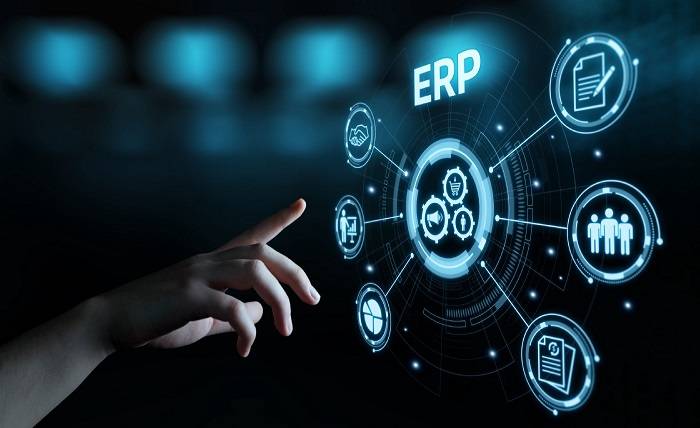ERP, or Enterprise Resource Planning, is a business management software that helps organizations improve efficiency and quality. This software is a powerful tool for managing a business and gathers information from many different areas, including cost management, production, marketing, sales, shipping, and installment. It is a centralized database that allows all of these processes to be coordinated and integrated. With this software, you can view a company’s financial data in one place.
ERP improves business processes, allowing representatives to complete their jobs more efficiently and effectively. It also increases information consistency, allowing organizations to measure their quality against their competitors. The system also empowers organizations to make updates, if necessary. However, two factors should be considered before purchasing an ERP system: time and cost. The implementation of ERP can take several years, and the expense of ERP is not a fixed number, but fluctuates depending on the company’s needs. Moreover, each ERP vendor offers different features, so it’s essential to carefully analyze the bundled modules and support offered by the seller.
If you’ve ever wondered if ERP is the right choice for your business, you’ve probably heard a lot about ERP. After all, it’s the software of the future. And you’ve probably wondered what exactly makes it different from other software. ERP, for one, is the software of choice for businesses that require centralized data management. ERP also allows organizations to easily customize data and access information from different locations. Using an ERP software system allows your business to adapt to changes in the business and improve efficiency and profitability.
ERPs have many benefits for companies, and each user needs to decide which modules are the best fit. Using the sales process module, for example, can streamline the sales process by allowing you to view pending sales, as well as the status of shipment. It also simplifies purchase orders and reordering, pricelists, and condition management. While choosing an ERP system, you should consider the ROI and how it will impact your business.
ERP systems can also improve academic performance. They consolidate data from various departments into one system. Each department has its own set of financial obligations. By integrating all of these data, the ERP software can produce a combined financial report for all departments. This helps you micromanage costs while giving your senior management the information they need to make strategic decisions. The ERP system can also streamline the way you work by making business decisions easier. It’s time to upgrade your business with an ERP.
Implementing an ERP system requires a large, enterprise-wide solution. As such, you’ll need to partner with key executives throughout the process. The software should be easy to use and support. You will need to educate yourself on the technology before implementing it into your business. A successful implementation takes time and patience. Moreover, you need to train your employees. You will also need to consider what modules you want to implement. When choosing an ERP, keep in mind the size of your company. It’s important to consider how many departments and employees you have.












